幼儿园|预防传染病,我们有攻略!Say Goodbye to Infectious Diseases
3月、4月春季来临,气温渐渐回升,自然界各种微生物也开始活跃起来,正是传染性疾病的多发季节。春季传染病大多通过呼吸道传播,可通过空气、短距离飞沫或接触呼吸道分泌物等途径传播。
With spring time comes, some infectious diseases start to spread. In general, viral infections are systemic. This means they involve many different parts of the body or more than one body system at the same time; i.e. a runny nose, sinus congestion, cough, body aches etc. They can be local at times as in viral conjunctivitis or "pink eye" and herpes. Only a few viral infections are painful, like herpes. The pain of viral infections is often described as itchy or burning. Infection begins when an organism successfully enters the body, grows and multiplies, often through the respiratory tract.

常见的传染性疾病包括:手足口、水痘、流行性感冒、麻疹、腮腺炎、诺如病毒等。
Infectious disease, also known as transmissible disease or communicable disease, is illness resulting from an infection. Infection is the invasion of an organism's body tissues by disease-causing agents, their multiplication, and the reaction of host tissues to the infectious agents and the toxins they produce. Common infectious diseases include: chickenpox, influenza, measles, mumps, norovirus, etc.
传染病并不可怕,看幼儿园是怎么做的。
So, it is essential for kindergarten to prevent our children from infectious diseases.
认真做好晨午检工作
每天早上幼儿入园时,由保健医生对入园幼儿进行晨检,仔细检查每位幼儿的手、口腔等部位,如发现可疑患儿,严格执行上级部门的有关规定,及时劝其到医院就诊,如诊断不是传染病,必须持医院诊断证明书方可入园。
We are only prepared to care for children who are well. All children entering preschool are required to have a pre-entrance physical examination.In case of serious illness occurring at school, the following procedure will be observed: we will ask the parent take the child to the hospital and take the treatment. If it is not a infectious disease, the child would enter the kindergarten after the medical report applied.

幼儿入园后,由班级老师再进行一次晨检,以防遗漏,中午教师再进行一次午检,主要检查幼儿的脚心、臀等部位。
After children enter the classroom, the teachers are responsible to have a second check on every student before nap time, especially their arch of the foot and bottoms.

如发现有发热、皮疹等传染病症状的儿童后,立即对发病班级的玩具,桌椅等进行消毒。并通知家长带回就医,对患病儿童所在班级进行医学观察,减少与其他班级接触的机会。及时报相关负责人,做好应对措施。
If a child is diagnosed with a communicable disease, the kindergarten will disinfect the classroom’s furniture and notify other parents so they can be aware and watch for symptoms in their own children.
认真做好各班消毒工作
各班每天放学后用紫外照射消毒一小时,擦嘴毛巾、水杯每天定时消毒,每餐前半小时桌面清消清,小椅子、地面、走廊、厕所、门把手每天消毒液擦洗,餐具每餐消毒柜消毒。
The classroom is disinfected with UV radiation for one hour after school every day. The tabletop is cleaned every half hour before each meal. The chairs, floor, corridors, toilet, and even doorknob are disinfected every day. Every classroom has a sterilizer for towels, cups and dishware.
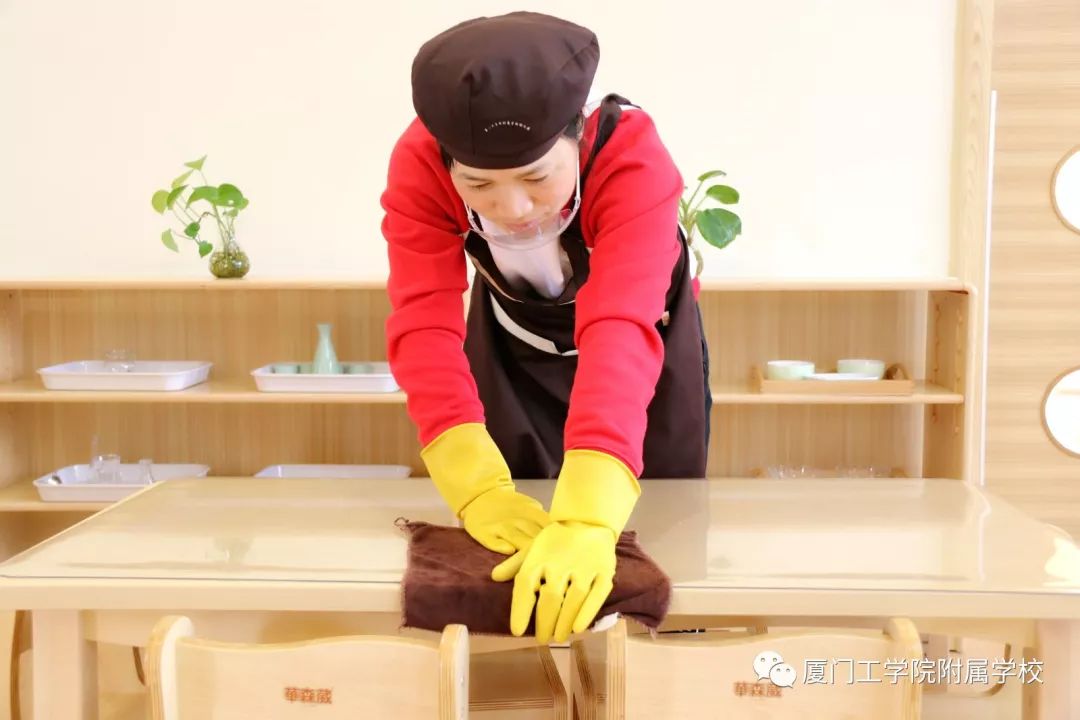
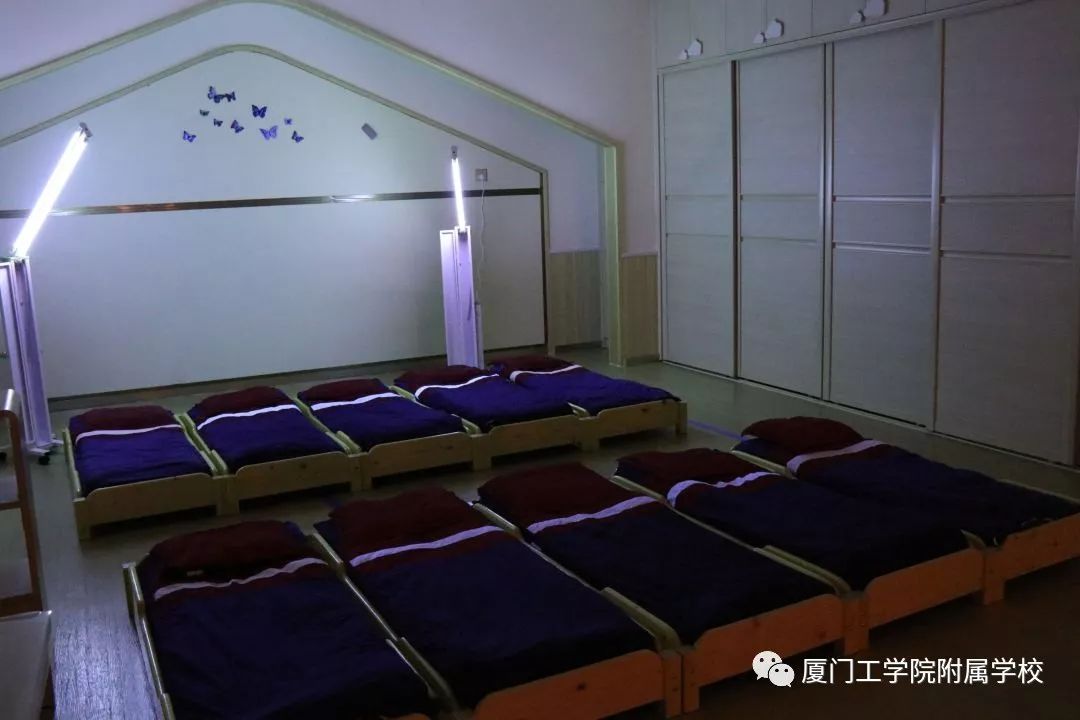
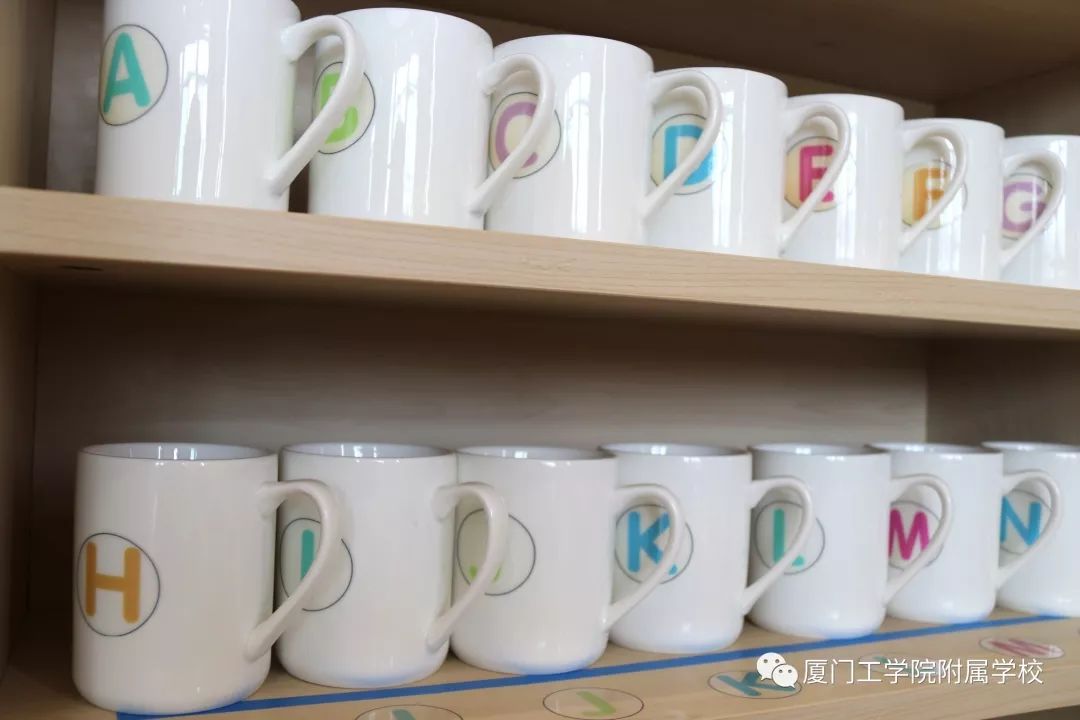
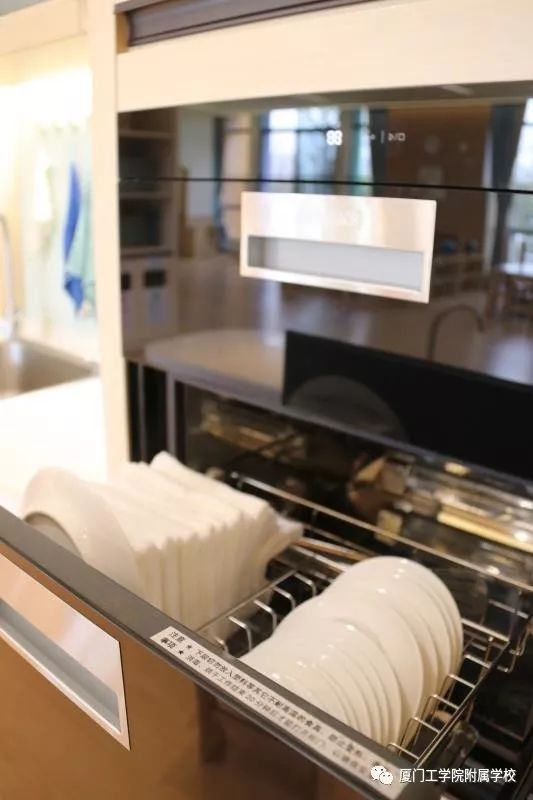
加强幼儿卫生教育
对幼儿进行个人卫生方面教育,勤洗手、勤剪指甲,指导各班幼儿饭前、便后洗手。
Teacher need to help young children on their personal hygiene, like washing their hands frequently, cutting their nails, and washing their hands before and after meals.
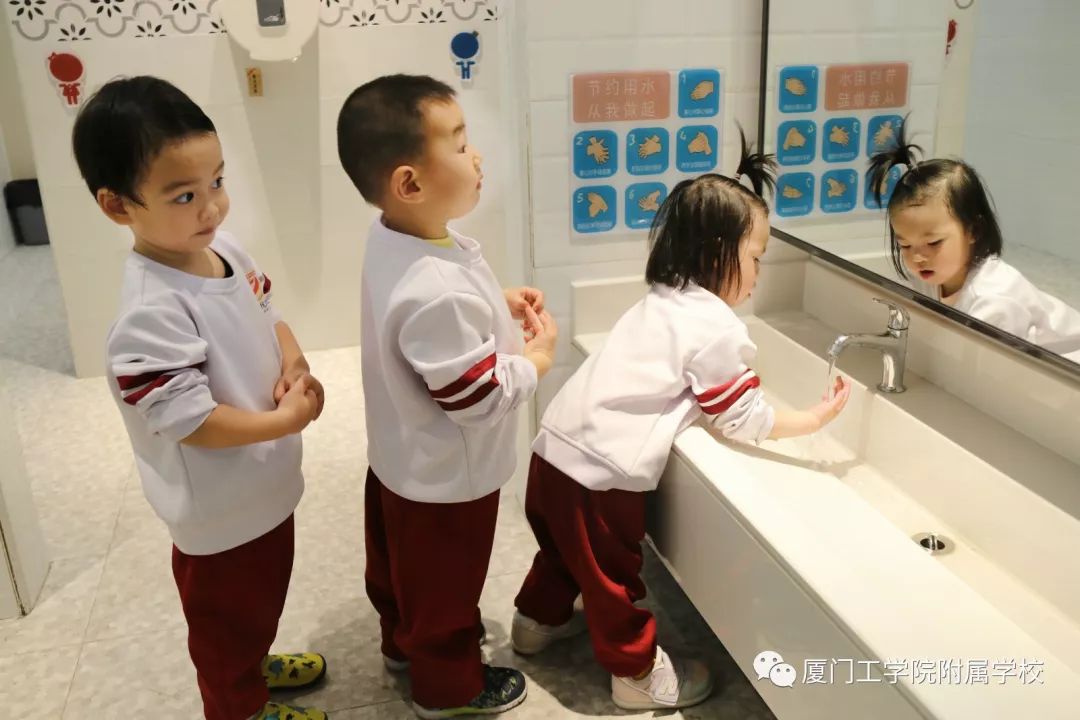
做好正确宣传和讲解工作
做好儿童家长宣传工作,如家长发现孩子发烧,出皮疹等传染病症状后不可送入幼儿园,需及时就医,直至痊愈或携带康复证明方可入园,真正做到家园同步。
If your child is diagnosed with a communicable disease, please go to the hospital and get medical treatment immediately. The children cannot get in to the kindergarten with any infectious symptom. The child can come back to school after the health medical report applied.

 打印本文
打印本文 关闭窗口
关闭窗口